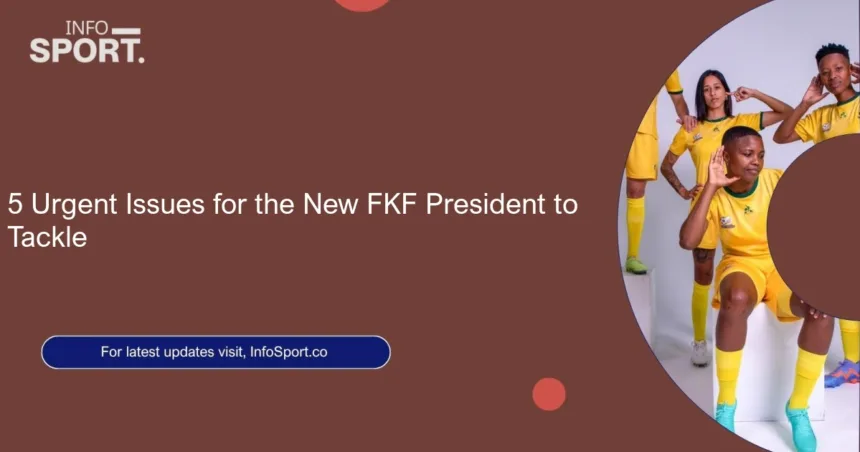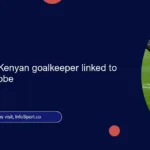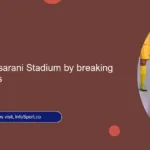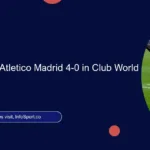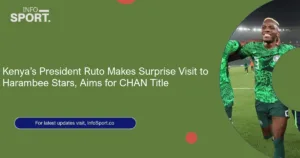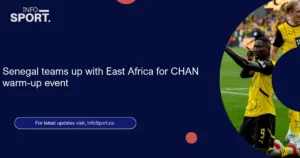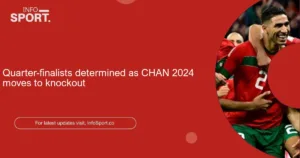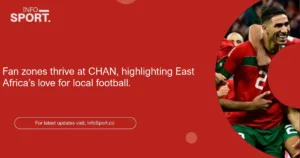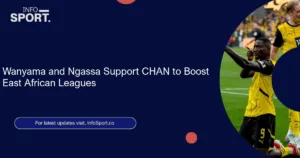5 Things Newly-Elected FKF President Must Address Immediately
Hussein Mohammed faces a monumental task as Kenya’s newly-elected Football Kenya Federation (FKF) president. With urgent matters at hand, he has little time to celebrate his victory. The future of Kenyan football hinges on swift and decisive action.
CHAN 2024 Preparations
Kenya is racing against a tight deadline to finalize preparations for the upcoming 2024 African Nations Championships (CHAN 2024). With mounting challenges and concerns from CAF inspectors, Mohammed must prioritize the completion of renovations at Kasarani and Nyayo Stadiums, both critical venues for the tournament. The December 31 deadline looms large—failure to meet it could allow Rwanda to seize co-hosting opportunities.
Sort Out Firat’s Future
Another pressing issue is the fate of Harambee Stars coach Engin Firat. His tenure has produced disappointing results, failing to propel Kenya to the 2025 AFCON. There is widespread public sentiment favoring his dismissal, exacerbated by a contract that runs until March 2026. Firat’s claims of unpaid wages for the last 11 months add layers of complexity that Mohammed must navigate to either secure Firat’s exit or restore faith in his capabilities.
Address Referees Mess
Refereeing standards in Kenyan football have plummeted, marred by allegations of match-fixing and questionable officiating. Referees have also faced delayed payments, leading to dwindling morale. Mohammed’s administration must address these issues head-on, restoring integrity to the game and ensuring fair play across all levels.
Professionalise KPL
Mohammed has promised to run the Kenyan Premier League (KPL) more professionally, advocating for an independent managing body. The transition from FKF-PL back to an independent league operation is critical to elevating league standards and maintaining transparency. This move could redefine management practices and enhance competitiveness.
Win Back Sponsors
Finally, reviving sponsorship interest will be paramount. A professional league will draw in sponsors, creating a financial influx that could revitalize the sport. Mohammed has hinted at prospective sponsors waiting in the wings, but actionable strategies must be implemented to clean the sport’s tarnished image and attract fans back to the stadiums.
In conclusion, Hussein Mohammed has a daunting agenda ahead. By focusing on these five critical areas, he has the potential to reinvigorate Kenyan football and bring about long-lasting change. Time is of the essence, and swift action is needed to set a new course for the nation’s beloved sport.


